First Responders Are Revealing What You Should And Should NOT Do In Dangerous Situations, And Please, Take Notes
A while back, we wrote a post where first responders and medical professionals revealed what to do — and what NOT to do — in dangerous situations to save your life. In the comments, even more professionals shared their life-saving tips. Here's what they had to say:
1."Please keep a vehicle fire extinguisher in your car and those little hammers to break windows that double as seatbelt cutters in your door pockets."
"One of my directors barely made it out of his car alive when it caught fire while he was driving on the freeway. Thankfully, a passing trucker had fire extinguishers."
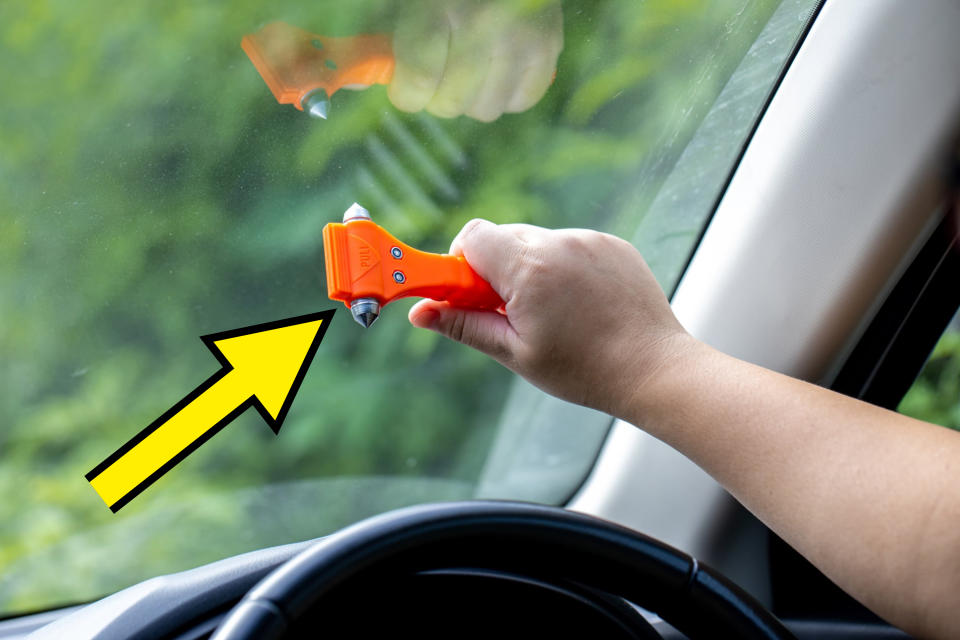
2."If you're in a crowd and start to feel pressure on all four sides, get out immediately, working diagonally. If a crush does start, fold your arms across your chest. Look at where the crowd is headed — if it's a tunnel or somewhere else confined, hang back until it quiets down."
"And I second the advice about scouting out alternative exits on arrival; so many crush fatalities are from people fleeing."
3."EMT here. DO NOT PUT YOUR FEET ON THE DASHBOARD. You don't want to see what happens if that airbag goes off."
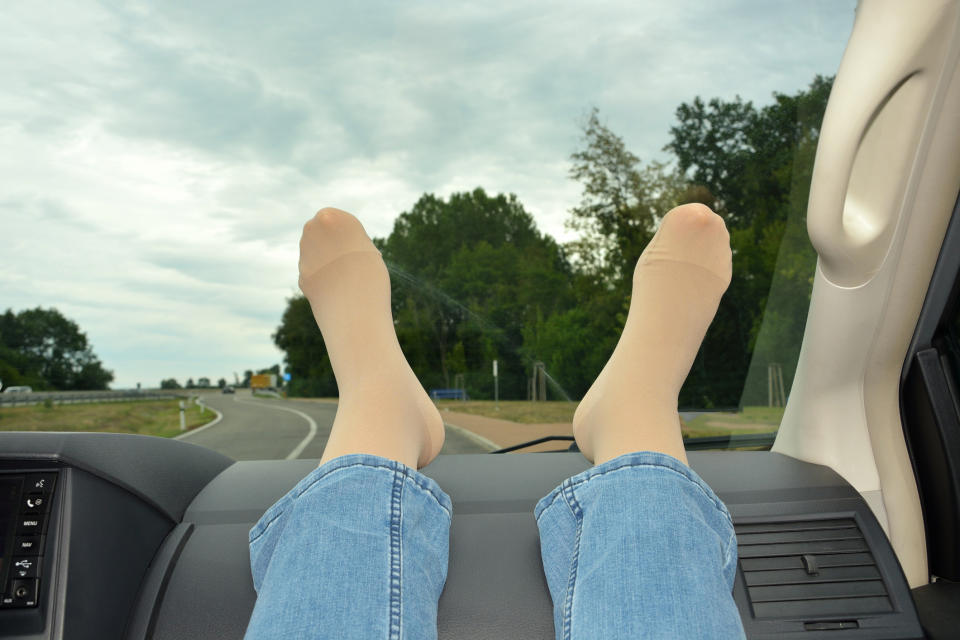
4."I worked in a trauma emergency room. I want to say this: ALL ANIMALS CAN BITE! I don't care if it's the sweetest dog on earth or a rabid raccoon; they CAN bite, especially if they are scared. If the bite breaks your skin at all, at least go to a doctor. I don't care if it was a mouse — if it made you bleed, it can get infected."
"I was bitten on the wrist by a terrified cat; the next day, an infection was up to my shoulder (large red streaks)."
5."From a former 911 dispatcher: When calling 911, never try to tell the call taker anything besides what they are asking at that moment. Are they asking you to repeat the address? Do it. They cannot send help if they don't know where you are. Yes, they can typically get a good read on your phone's location, but if you start vomiting information, they will miss things that might be important because they are running your GPS."
"Also, if you can't talk on the phone (like in a domestic violence situation), if you can, try to turn the volume/screen brightness/ringtone down low and set the phone down with the line open. If anything audible happens, that is a major help to get to you without a bright and loud phone for the attacker/assailant to see you with."
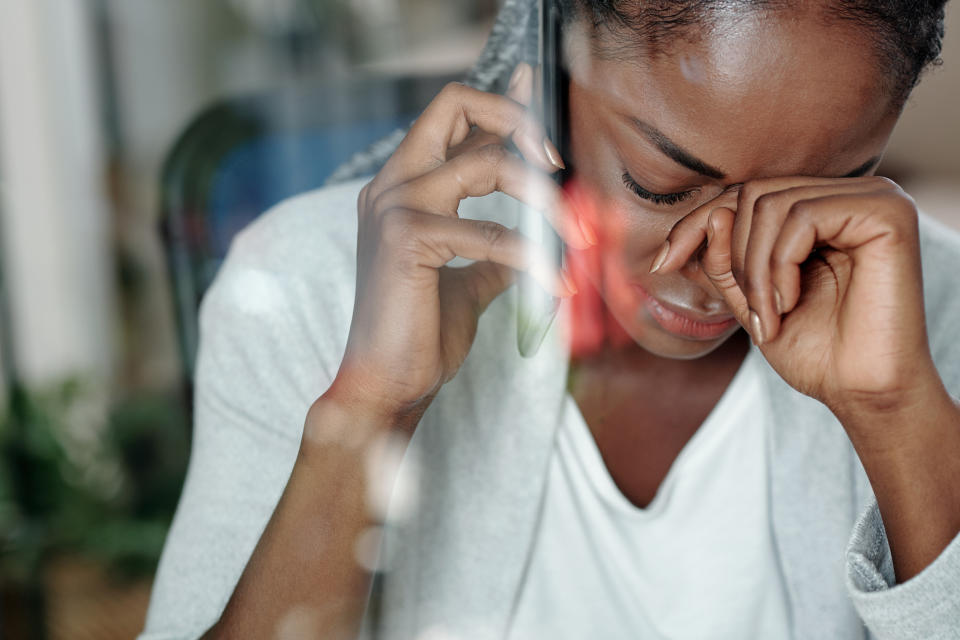
6."If you come across any power line or pole that appears to be damaged or is on the ground, DO NOT touch it. Electricity is a silent killer if you don't know how to handle/approach a situation. Call the local utilities provider to have them send trained personnel to assess the situation. Even if a person is trapped near or around the power line, tell them to stay put and don't go near them yourself."
"Give any downed power lines a wide berth as well. Cross the street if you must. There could be a surge or something. We had a downed power line on my street a while back (thanks to an idiot driver), and the fire department had the entire two lanes on that side of the street blocked to keep people and drivers away."
7."Water is the strongest force on earth. It moves mountains. Never, ever assume that you can survive in rough, moving water. It will ALWAYS overpower you."
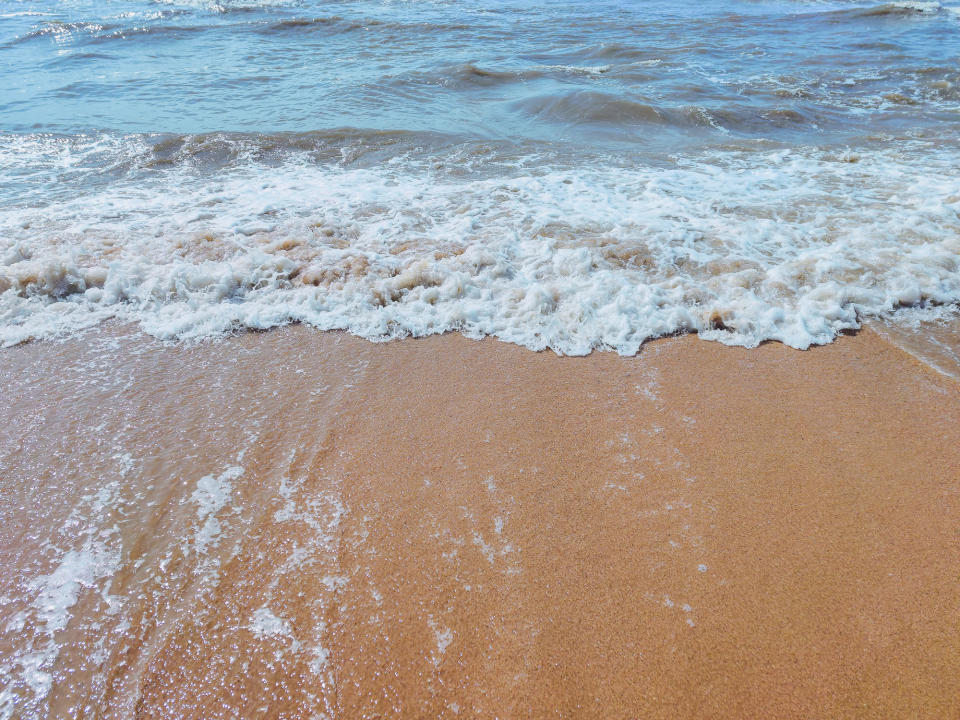
8."Don't dangle your arm (or any body part, for that matter) out the window. If the car rolls or you get sideswiped, it will be completely mangled. It could also get pinned between the car and whatever you crashed into, preventing you from getting out."
9."Learn the Heimlich maneuver, take basic first aid classes before you have children, and renew your certifications every two years."
"I saved my son from choking on a strawberry when he was about one and a half. It was terrifying, but he's alive because I knew what to do."
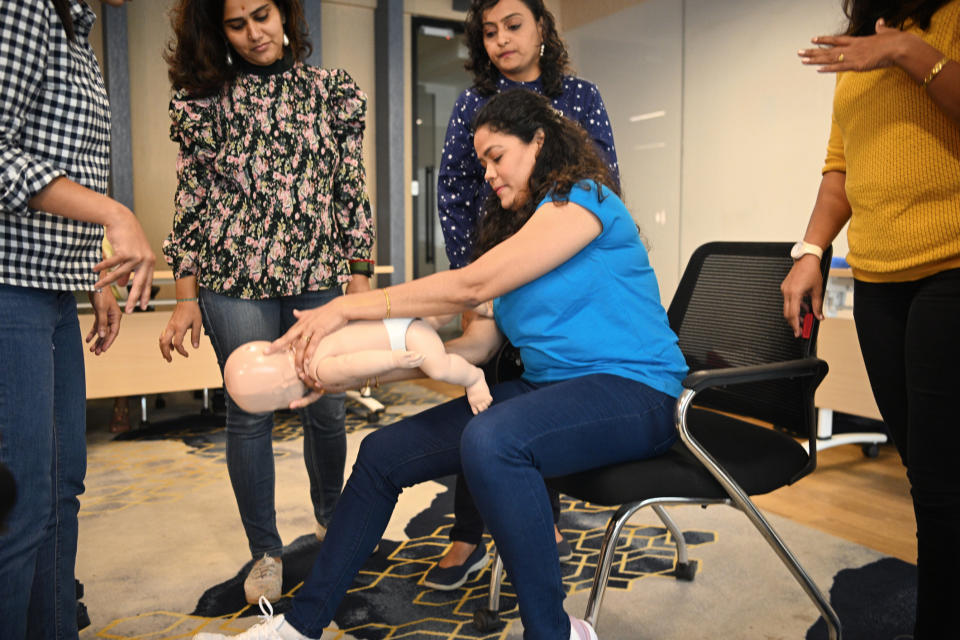
10."If you're out of service and need 911, call and leave the line open; it will connect when you have the slightest signal — well before normal cell service. It's the only kind of call that won't automatically hang up if there's no connection."
11."Don't be fatalistic and assume that you'll die a quick death. Someone didn't want to use a helmet when biking: 'If I die, it'll be quick.' Their friend pointed out, 'You might survive but with brain damage.' They now use a helmet."
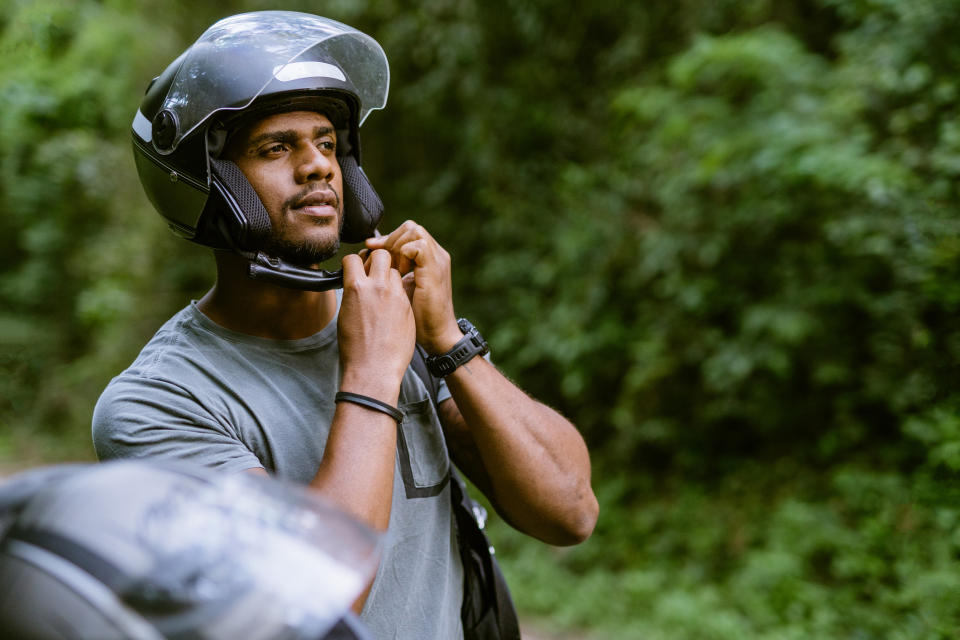
12."Keep your dogs restrained in the car, too. If you're in an accident, they WILL get hurt. They should be crated or harnessed at the very least."
13."From my ER nurse husband: Don't keep dish or laundry detergent pods in your home if you have young children. This is NOT a joke about 'Tide Pod kids.' It's not worth the danger, even if you think your kids are mature or smart enough not to eat them. My husband has been an ER nurse for over a decade and says the worst thing he's ever seen was a little kid dying from chemical burns in his throat because he bit a laundry pod."
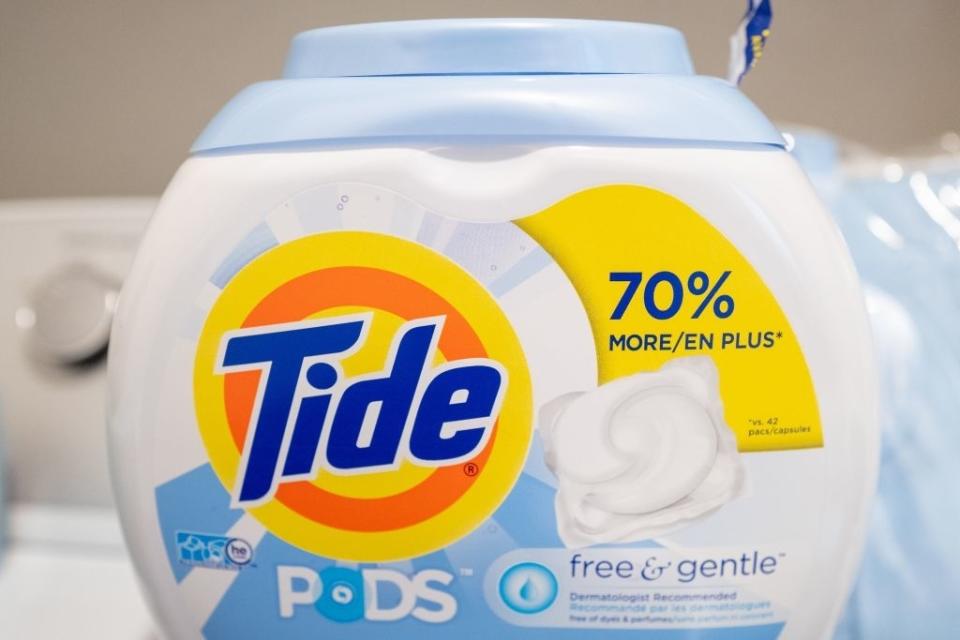
14."My husband is a SAR (Search and Rescue) pilot. The one thing that shows up best on his night vision goggles is flicking a lighter. So, always pack a lighter, and when you hear the chopper, flick it — don't just keep it lit!"
15."Always listen to your inner voice! If it tells you to leave, then leave."
16."As someone who has spent many years working with victims of assault and other violence, my best advice is to pay attention to your inner voice. This is particularly important for women since many of us were taught to always be kind and never make a scene. If you find yourself in a situation that feels unsafe, get out now. If you are out at a bar or other venue, and someone makes you feel creepy, get out now. No matter where you are or with whom, LISTEN TO YOUR INNER VOICE! If it tells you to leave, then leave."
"Forget about seeming rude, paranoid, or embarrassed. If you later learn that you were scared for no reason, that is 10,00,000 times better than becoming a victim."
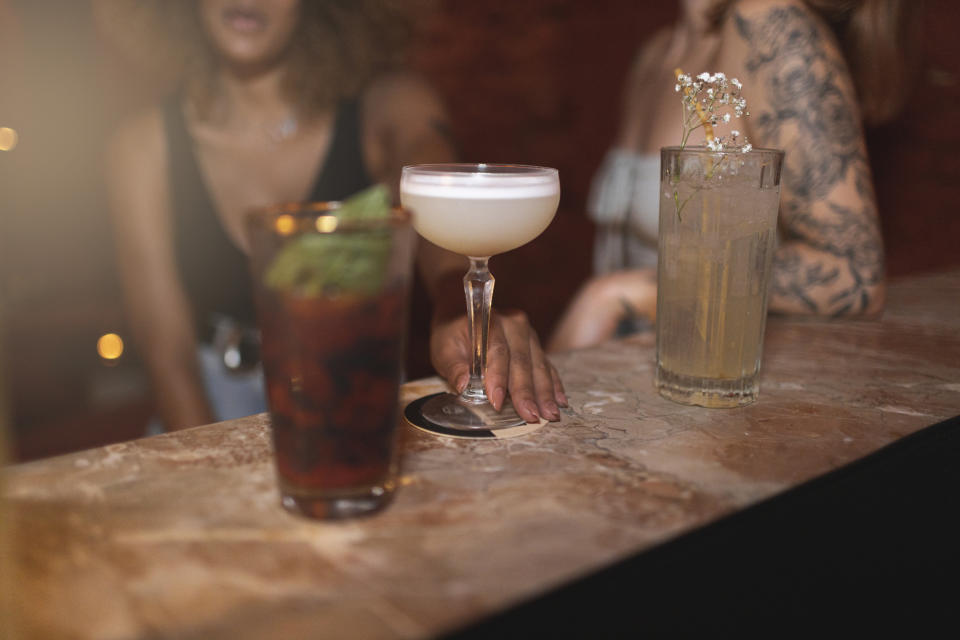
17."Please don't use your emergency hazard lights when driving in bad weather. The turn signal function doesn't work when they're on, other drivers may think you're stopped or experiencing a problem, etc. It's actually illegal in many states!"
18."Use the 'Health' app on your iPhone to enter the medications taken, medical issues, allergies, and everything else medical for you and your family. This way, it's easily accessible when you're stressed out and frantic. Make sure the same info is on your family's phones, too. I'm not familiar with Android phones, but it wouldn't be shocking for them to have their version of the same app. Better yet, if you or a family member has a medical condition like epilepsy or is allergic to common drugs like penicillin, get them a Medic Alert bracelet, necklace, wristband, shoelace slide-on, watchband clip-on, or any other assorted products. As a nurse who often worked in the ER, we actively looked for and used them, even the wallet cards. We instantly could access whatever medical info you input into their system."
"When it comes to kids staying with grandparents or family and friends, I can't count how many times I have been able to access the child's medical info through Medic Alert, which saved a life. Giving us the number to a pediatrician's office is helpful, but reaching someone with access to the needed medical records can take hours. A yearly fee varies depending on services and the number of families using the service, but it's covered under healthcare spending accounts. The fee is tax-deductible, too. Some insurance companies cover the cost of serious medical conditions, and Medic Alert offers free services for those who qualify. Medic Alert can even store your emergency contacts, the contact info for every doctor you see, a copy of your advanced directives, if you're a registered organ donor, and more. Even putting your medical info on a 3" x5" index card, laminating it, and keeping it in your purse/wallet is priceless in an emergency when you are unconscious, your phone is locked and doesn't have emergency access to the Health app activated, and/or there's no one with you that knows you're a type I diabetic or severely allergic to Vancomycin."
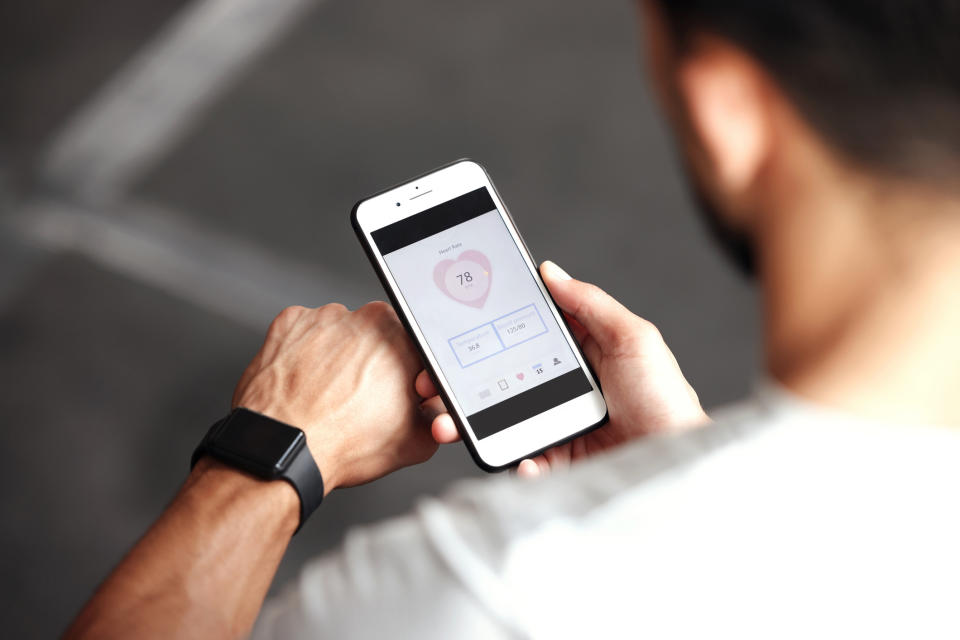
And finally...
19."If you are stuck driving in a storm and come across a tornado, DO NOT find shelter under an overpass! The wind WILL suck you out and kill you."
"I was emergency management in the military and had to teach this to so many people! They thought you could be safe under there, and I was like, 'NOPE!' It turns into a giant vacuum. In, like, 2021, my husband and I were driving through Oklahoma, and we looked in the rearview and saw two tornadoes. I made him pull into a hotel to find refuge 😅."
Fellow first responders and medical professionals, what are some other things people can do to save their lives in dangerous situations? Tell us in the comments below.
Note: Some responses have been edited for length and/or clarity.


